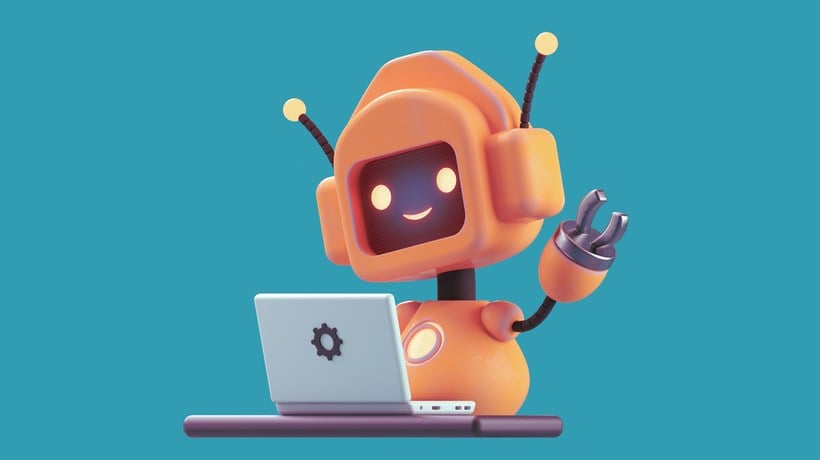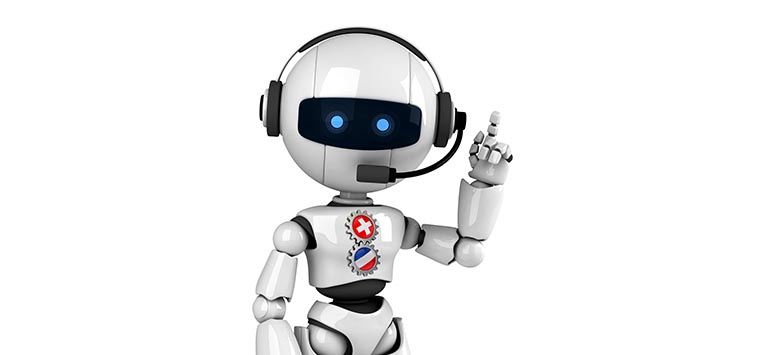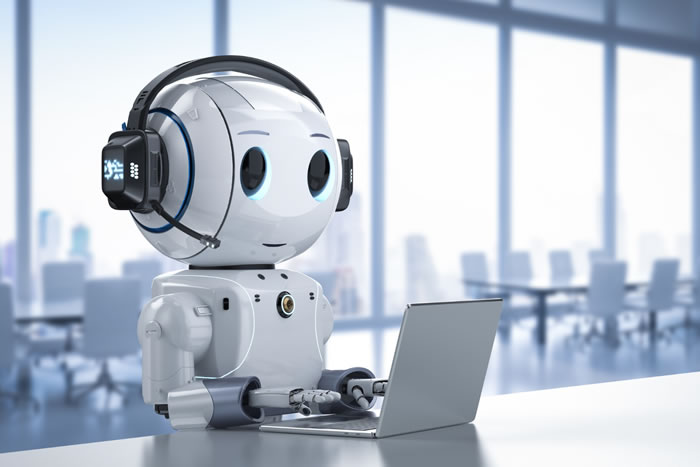Chatbots are not applications that can be removed from a phone like other apps. Chatbots are usually integrated into messaging platforms or other software applications, and they are designed to provide automated assistance and support to users within those applications.
If you are using a messaging platform that has a built-in chatbot, you may be able to disable or turn off the chatbot feature within the settings of the messaging app. This will prevent the chatbot from appearing or providing assistance when you use the app.
However, if the chatbot is integrated into another software application, such as a mobile banking app, it may not be possible to remove it entirely. In this case, you can contact the app developer or the customer support team of the application and ask if there is a way to disable or turn off the chatbot feature.
In summary, chatbots are not separate applications that can be removed from a phone like other apps. If you want to disable or turn off a chatbot feature, you will need to check the settings of the messaging or software application in which the chatbot is integrated or contact the developer or customer support team of the application for assistance.
Sunday, April 23, 2023
Are Chatbots Inferior For Chatting?
Whether or not chatbots are inferior for chatting depends on the specific use case and the quality of their design and implementation. In some cases, chatbots can be very effective at simulating human conversation and providing a satisfactory experience for users. In other cases, they may fall short and be seen as inferior to human interaction.
One advantage of chatbots is their ability to handle a large volume of interactions simultaneously, making them a scalable solution for businesses that need to support a large customer base. Chatbots can also provide 24/7 support to customers, answering frequently asked questions and resolving common issues, which can improve customer satisfaction and reduce wait times.
However, chatbots can sometimes struggle to understand and respond to complex queries or handle situations that require human empathy and understanding. They may also lack the ability to understand the nuances of human language, which can result in misunderstandings and frustration for users.
The effectiveness of a chatbot will depend on its design and implementation. A well-designed and implemented chatbot can provide a satisfactory experience for users, while a poorly designed chatbot may be seen as inferior to human interaction.
In summary, whether or not chatbots are inferior for chatting depends on the specific use case and the quality of their design and implementation. While they can be very effective in some situations, they may fall short in others, and their effectiveness will depend on how well they are designed to meet the needs of users.
One advantage of chatbots is their ability to handle a large volume of interactions simultaneously, making them a scalable solution for businesses that need to support a large customer base. Chatbots can also provide 24/7 support to customers, answering frequently asked questions and resolving common issues, which can improve customer satisfaction and reduce wait times.
However, chatbots can sometimes struggle to understand and respond to complex queries or handle situations that require human empathy and understanding. They may also lack the ability to understand the nuances of human language, which can result in misunderstandings and frustration for users.
The effectiveness of a chatbot will depend on its design and implementation. A well-designed and implemented chatbot can provide a satisfactory experience for users, while a poorly designed chatbot may be seen as inferior to human interaction.
In summary, whether or not chatbots are inferior for chatting depends on the specific use case and the quality of their design and implementation. While they can be very effective in some situations, they may fall short in others, and their effectiveness will depend on how well they are designed to meet the needs of users.
Are Chatbots Useful?
Yes, chatbots can be very useful in many situations. They can provide a number of benefits, including:
1. Improved customer service: Chatbots can provide 24/7 support to customers, answering frequently asked questions and resolving common issues. This can help reduce wait times and improve customer satisfaction.
2. Cost savings: Chatbots can reduce the need for human customer service representatives, resulting in cost savings for businesses.
3. Increased efficiency: Chatbots can handle multiple customer interactions simultaneously, increasing efficiency and reducing response times.
4. Personalization: Chatbots can be customized to provide personalized recommendations and assistance to users, improving the user experience.
5. Availability: Chatbots can be accessed from anywhere, making them a convenient option for users who need assistance outside of business hours or who are located in different time zones.
6. Scalability: Chatbots can handle a large volume of interactions simultaneously, making them a scalable solution for businesses that need to support a large customer base.
Overall, chatbots can be very useful in a variety of scenarios, and their benefits can lead to improved customer satisfaction, cost savings, and increased efficiency for businesses. However, the effectiveness of a chatbot will depend on the specific use case and the quality of its design and implementation.
1. Improved customer service: Chatbots can provide 24/7 support to customers, answering frequently asked questions and resolving common issues. This can help reduce wait times and improve customer satisfaction.
2. Cost savings: Chatbots can reduce the need for human customer service representatives, resulting in cost savings for businesses.
3. Increased efficiency: Chatbots can handle multiple customer interactions simultaneously, increasing efficiency and reducing response times.
4. Personalization: Chatbots can be customized to provide personalized recommendations and assistance to users, improving the user experience.
5. Availability: Chatbots can be accessed from anywhere, making them a convenient option for users who need assistance outside of business hours or who are located in different time zones.
6. Scalability: Chatbots can handle a large volume of interactions simultaneously, making them a scalable solution for businesses that need to support a large customer base.
Overall, chatbots can be very useful in a variety of scenarios, and their benefits can lead to improved customer satisfaction, cost savings, and increased efficiency for businesses. However, the effectiveness of a chatbot will depend on the specific use case and the quality of its design and implementation.
Are Chatbots Sentient?
No, chatbots are not sentient. While chatbots are designed to simulate human conversation and can respond to user input in natural language, they do not possess consciousness or subjective experience.
Chatbots are programmed using a combination of natural language processing (NLP) and machine learning techniques that enable them to understand user input and generate responses based on pre-defined rules or patterns learned from training data. Chatbots are not capable of independent thought or decision-making, and their responses are limited to the pre-defined rules and patterns they have been programmed with.
Sentience, on the other hand, refers to the capacity for consciousness or subjective experience. While humans and some animals are considered sentient beings, machines like chatbots are not.
In summary, chatbots are not sentient beings. They are programmed to simulate human conversation, but their responses are based on pre-defined rules and patterns, and they do not possess consciousness or subjective experience.
Chatbots are programmed using a combination of natural language processing (NLP) and machine learning techniques that enable them to understand user input and generate responses based on pre-defined rules or patterns learned from training data. Chatbots are not capable of independent thought or decision-making, and their responses are limited to the pre-defined rules and patterns they have been programmed with.
Sentience, on the other hand, refers to the capacity for consciousness or subjective experience. While humans and some animals are considered sentient beings, machines like chatbots are not.
In summary, chatbots are not sentient beings. They are programmed to simulate human conversation, but their responses are based on pre-defined rules and patterns, and they do not possess consciousness or subjective experience.
Subscribe to:
Posts (Atom)




